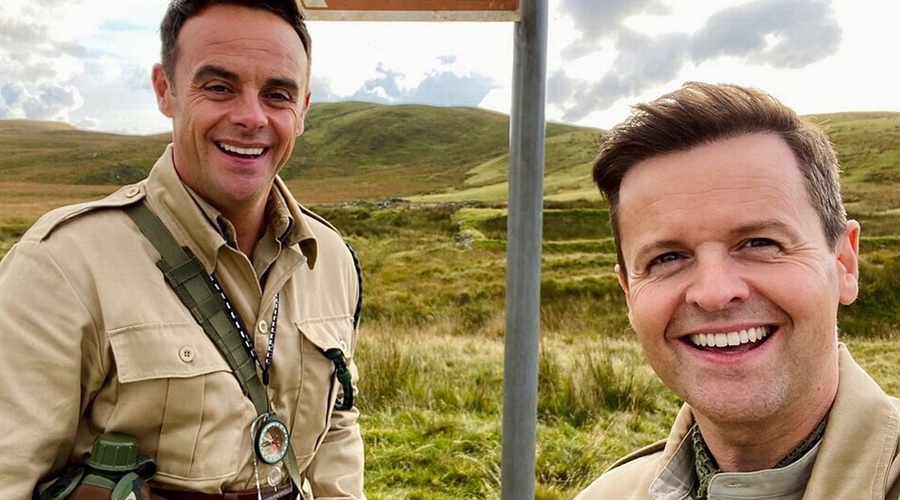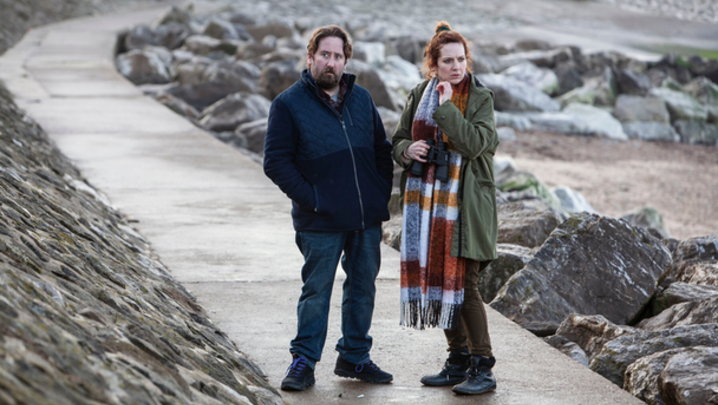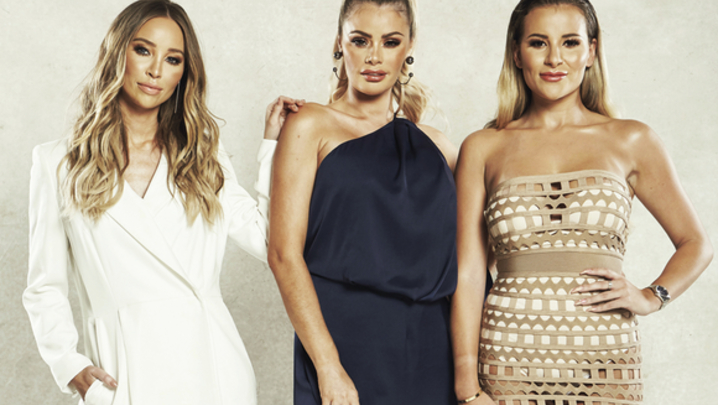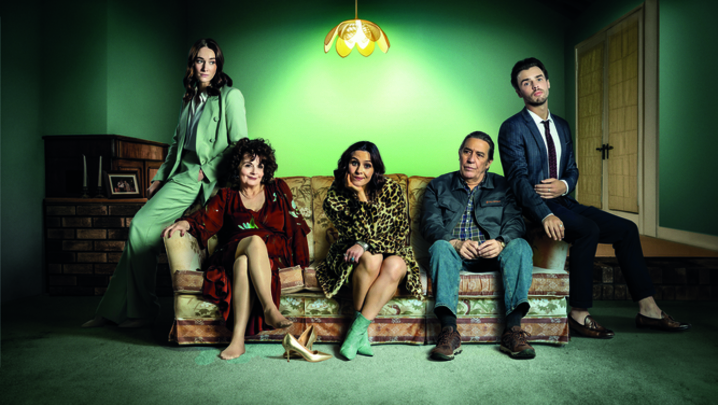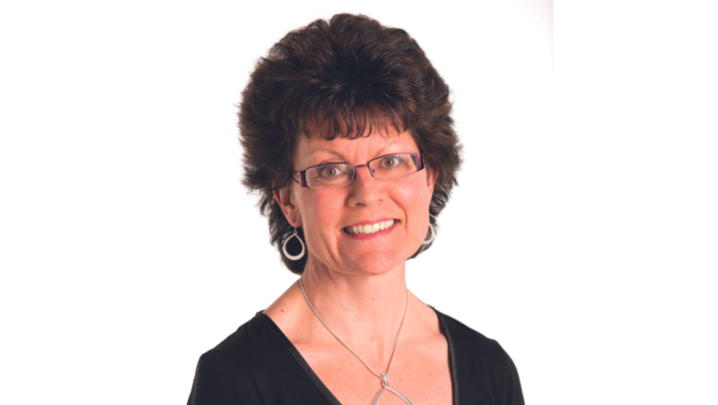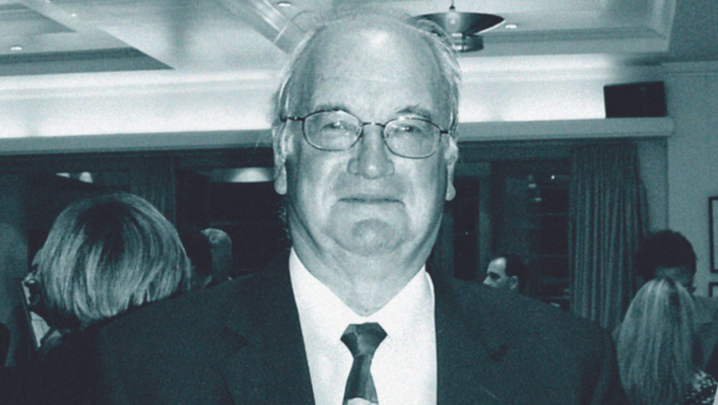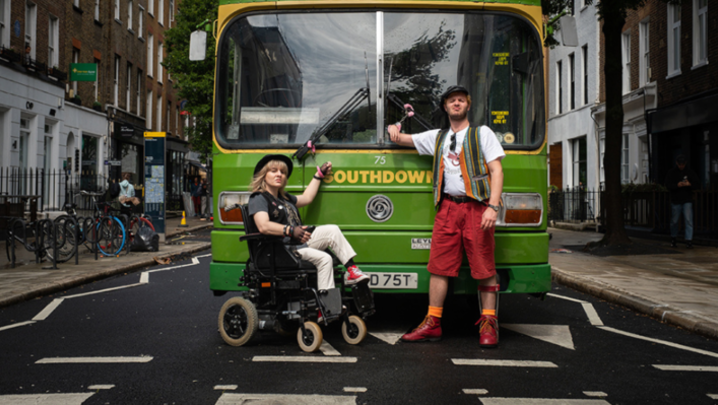An RTS panel discovers the secret of the genre’s continuing success.
Reality TV is arguably bigger than ever. The term was first coined in the 1990s, as producers turned unscripted “real-life” situations into compulsive viewing with shows such as Survivor and Big Brother. More than 25 years later, the genre is ubiquitous across linear and streamed TV.
Consider the channel-defining success of ITV’s Love Island, Netflix’s Too Hot To Handle or the huge popularity of the latest series of Channel 4’s The Great British Bake Off.
The new run of I’m a Celebrity… Get Me Out of Here! was forced by the pandemic to relocate from Australia’s tropical rainforest to a chilly, windswept castle in North Wales. Expectations are riding high that the series will be one of its most successful ever.
An RTS panel attempted to tease out the ingredients of a successful reality show in “Why we love… reality TV”, chaired by a former Celebrity Big Brother winner, the charismatic Rylan Clark-Neal. There was a consensus that creating and sustaining a long-running reality hit is far from straightforward.
The potential rewards, however, are massive: global franchises such as Big Brother have made TV legends of the likes of John de Mol, inventor of Big Brother and The Voice.
The challenge of getting a reality show to “stick” is even greater in the age of streaming, when viewers’ decisions about what to watch – especially for the younger demographic drawn to reality TV – are measured in seconds, not minutes.
“With the saturation of reality TV, what’s the USP, what’s the tone that’s different? People are flicking through shows and taking four seconds to decide what to watch. We need to think about how we are going to make an impression in those four seconds,” said Craig Orr, VP, original content and development, youth and entertainment for international at ViacomCBS.
Richard Cowles, director of entertainment at ITV Studios, told the RTS that it was vital to have reality shows that made “more noise than all the other ones”.
Audiences for reality TV were sophisticated and responded well to shows that moved the genre on with originality and an element of surprise.
“That’s why it’s so difficult to create new formats… otherwise, we’d just be churning them out,” said Cowles, who is overseeing the production of I’m a Celebrity… Get Me Out of Here! from its new base in Wales.
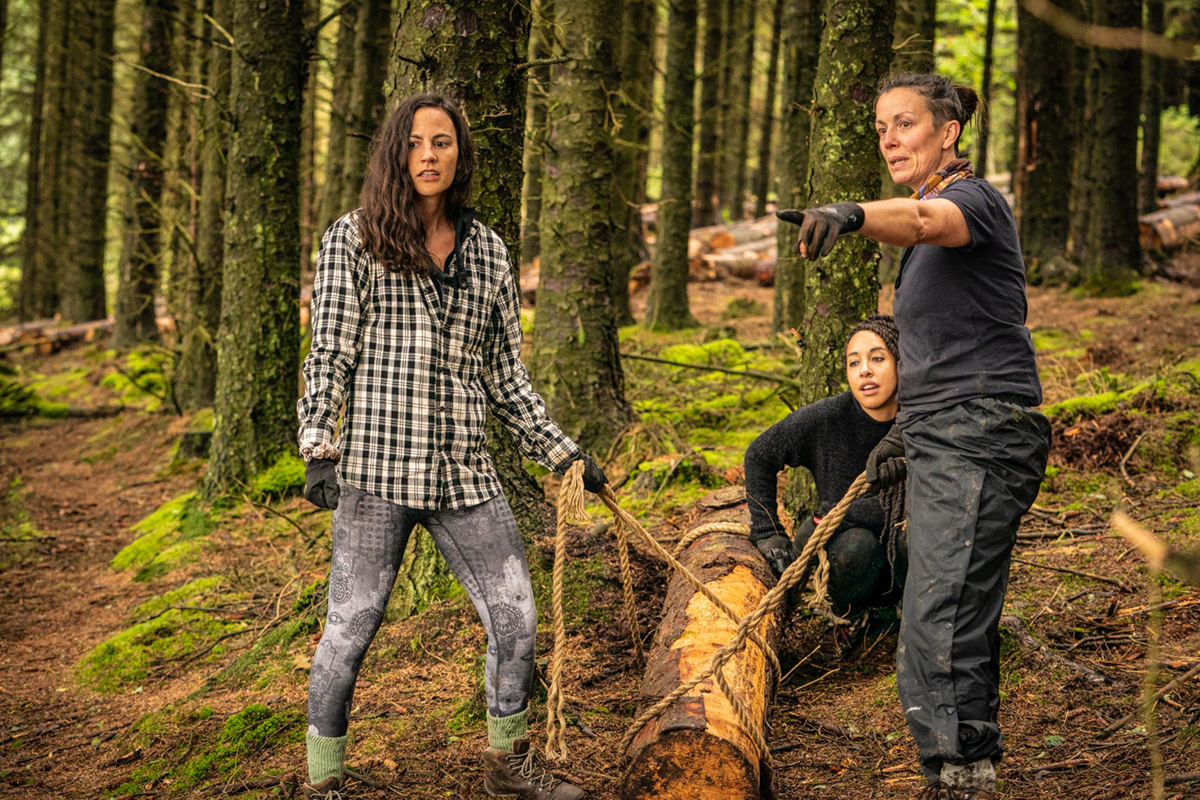
He said that, to succeed, a reality series needed “twists and turns, dilemmas and relatable characters who people can get behind and love”.
Katy Manley, MD of Initial TV, which produces Big Brother, stressed that reality shows have evolved: the genre’s roots were deep, going back to shows such as Candid Camera, first shown in the US in 1948 and on air until 2014.
“Saying that it is real people doing real things is an over-simplification,” she added. “What is produced to look real is also evolving now. The people might be real, but the situations may be becoming a bit less real.”
She said the time and effort that went into producing reality TV was misunderstood. It involved a lot more from the production team than pointing a camera at a group of people and filming them.
“If it were that simple, we’d all be out of a job,” she said. “Even in the purest of formats, we’re generating everything.”
“The genre appeals to a young demographic and to a cross-section of society. People enjoy the soap-opera element of reality TV. Like soaps, reality generates loyalty, as viewers come back again and again,” said Rick Murray, MD of Manchester-based Workerbee, the maker of Channel 4’s new reality show The Bridge, which is based on a Spanish format.
Manley, too, saw parallels between reality TV and soap opera: “You want to see drama, conflict, humour and poignant moments where people open up and talk about their lives.
“You want to see all those beats you’d expect to see in a drama series or a film that can evoke the human emotions that everyone can relate to.”
The advent of social-media platforms such as Twitter had transformed reality TV, agreed the panellists.

“Social media has changed the game for reality TV in terms of getting closer to cast members and fans talking to one another to keep the conversation going. All reality shows need to have a social-media footprint,” said Orr.
“Social media shapes the show as much as you want it to,” noted Manley. “You can embrace it and use it during the show to influence events, because it’s real-time audience reaction.
“It also influences things when people are voted out. It’s a completely different world in terms of trolling and bullying to when reality TV first started in the 1990s.”
This, of course, could exert extreme psychological pressure on those contestants who were abused online. So it was vital that those who appeared in reality shows were given the right support by broadcasters and producers, agreed the programme-makers.
Diverse casting was crucial and helped to encourage acceptance of minority groups and broadened viewers’ horizons. “The more diverse the cast, the richer the stories that we can tell,” said Orr. “Our viewers want to see themselves represented. They want to learn about other people. It does change people’s minds.”
Manley agreed: “I passionately believe that having diverse contestants can have a positive effect on society. It is not a coincidence that so many diverse housemates on Big Brother have won the hearts of viewers and have gone on to win in their series.
“On Big Brother, we’ve helped to move things on. The more audiences are exposed to different types of people the more accepted they are.”
So was reality TV here to stay? “Twenty years ago, everyone thought reality TV was a flash in the pan, but it’s become a fixed item on traditional TV channels and on-demand services like Netflix,” said Murray. “Reality TV will be here in 50 years’ time – playing on a platform that none of us have yet heard of.”
Report by Steve Clarke. The RTS event ‘Why we love…reality TV’ was held on 19 October. The producers were Sarah Booth and Tessa Matchett.

